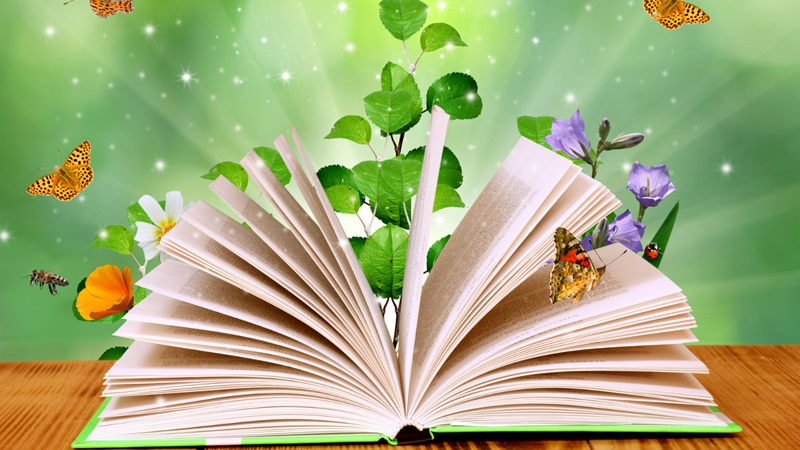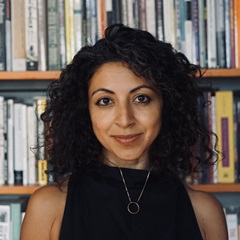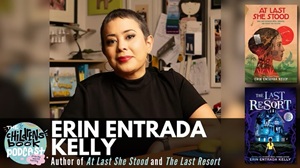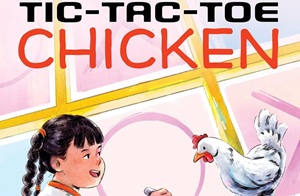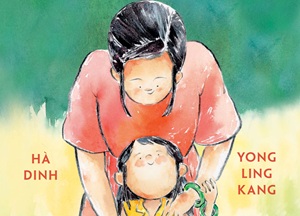Can you give us one quick and practical example of how meaningful reading can help a storyteller in their own process of writing or illustrating?
For us, in writing of various genres, robust reading lives help generate both creativity and inspiration.
Nawal likes to write lines from text she loves in her notebooks to springboard brainstorming around. She identifies passages that really “zing” and tries her hand at similar writing. She observes writing practices of other authors and tries some of the same.
For Jasmine, storytelling is a conversation, and reading is the listening piece. Reading helps her understand what has been said, and then helps her focus on what she wants to say. In her own storytelling, she asks questions.
What about educators, in their path to guide kids? And can thinking about an educator’s approach to literacy help storytellers better serve kids, too?
We’ve learned, in our years of mothering and teaching, that honoring the stories of all the tellers in our communities will better help us ensure kids know that their stories matter too. There isn’t a single community member in our midst whose stories aren’t worthy of hearing, learning, and getting on the page. When we know the authors we are teaching and the reasoning behind their craft, we can better teach their writing. And when we know how the authors arrived at their thinking– in addition to what their writing processes looked like — we can teach kids more powerfully.
For Jasmine, as a child in Ohio schools, she was often pigeonholed into structured poetry writing, when in reality, poetry is a freeing form of expression. These sorts of realizations strengthen the ways we bring kids’ stories into the world.
Can you give us one example of how your own literary practices have changed as you’ve grown in this field?
As adult lovers of reading, we’ve learned so much about how we can better grow young kids and also how to stay true to ourselves personally. This includes everything from being cognizant about how personal reading lives are to when and how we should stretch ourselves.
For Nawal, she’s realized how much she appreciates the feel of a paperback book that’s easy to take everywhere — the feel of the pages; the dog-eared pages with lines she loves. At the same time, she has pushed herself to read genres she often doesn’t pick on her own, and knows which genres and types of text she can digest easily if she’s in a slump.
For Jasmine, being a mother and an educator has helped her to return to joy in her own reading habits: to remember the thrill of a book that feels like a warm blanket, a book that makes you belly-laugh. She has become deeply curious about how to combine that joy and braid it alongside writing about tougher topics, so both of us are excited about how our own mothering and educating has led to our strengths as literacy leaders.



